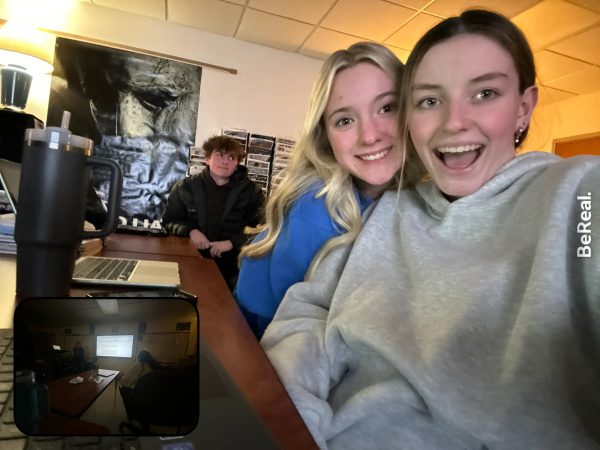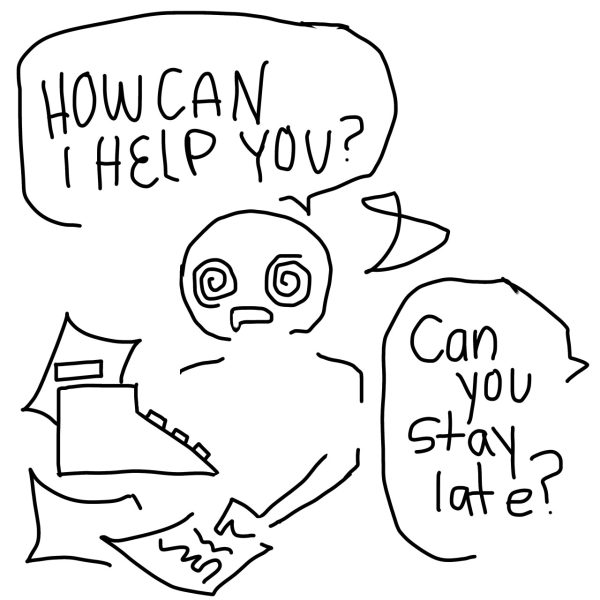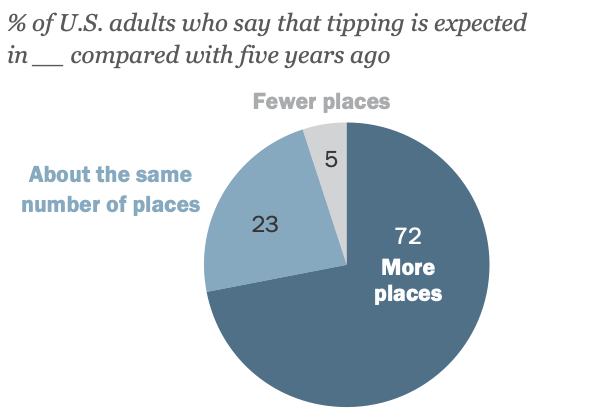Walk a Mile
I wish more people practiced kindness. That sounds stupid, doesn’t it? You fool, there’s kindness everywhere—in the smiles you give your friends in the hallway, in the compliments you receive from strangers on your outfits, in the loving and slightly over-the-top comments from loved ones on your Instagram post. This is true—I like to consider myself an optimist, and I tend to look for more light and love in the world than there sometimes is, so believe me when I say that all of these little moments in life don’t go unnoticed (by me at least). However, it’s often hard to simply focus on these minute exchanges when so much more can occur to discount them.
Think back on your past couple of years in school. How many fights have there been? How many times have you heard the casual use of offensive language from your peers? How many times has someone made someone else out to be the butt of the joke for something they can’t help? How many times have you been the one making it?
Now, wherever you are, look around you. Maybe you’re in class, surrounded by friends and peers. Maybe you’re in your room at home, putting off a homework assignment. Maybe you’re in a car with your family, only reading this article to drown out the noise of your siblings talking (we appreciate the read either way). If you’re in a space with people, take a second out of your day to look at them, and I mean really look. How much do you know about them? More importantly, how much don’t you know?
When I was in preschool, my dad used to take my siblings and I on car rides to look at the trains. I remember counting down the minutes until he got off work, eagerly tugging on my mom’s sleeve every few seconds to ask if he was on his way home. He would step out of the car, hug me, spin me around, and quickly fasten my sister’s and my seatbelts before we were on our way. We used to spend hours at the railyards, identifying each car on the train.
Can you say boxcar? Gondola? Look, there’s the conductor; wave at her, girls!
It was our tradition for years. My dad would get home, take my sister and I by the trainyards, meet my mom back at the house for dinner, and before bed, we would read together, my dad painstakingly pointing out each vowel to me until I could say the words properly. He’d sit there for hours, arguing with me about how the word “Thai” was pronounced (I was sure I knew more than him), and teaching me how to speed through every Doctor Suess book my mom brought home from her school.
When I entered kindergarten, I was just learning how to read. My teacher sat me and four other students down to read “The Little Engine that Could” by Watty Piper, and asked each of us to try reading it by ourselves. I volunteered to go first and read it almost perfec- tly—only a few errors. My teacher praised me; I remember smiling so hard my cheeks hurt and thinking that my dad was going to be so happy.
My classmate, Owen, went next. He stuttered through the book, taking pauses to try and deduce what each word could be before hesitantly guessing. My teacher was patient, correcting him and sounding out the phrases with him, but I remember growing frustrated with how slow he was. Surely he was doing it on purpose, right? Every kid knew how to read.
I got home that day and ran up to my dad, as usual, beaming and chattering about the railyards. I told him about how I “read the train book perfectly, Dad!” and complained about how slow Owen was while he read. I expected my dad to back me up, in a sense—to sympathize with me about the immature frustrations of different reading paces in kindergarten. However, he pulled the car over, turned around, and asked me, very seriously, if I knew why not every kid could read as fast as me. I shook my head no, and the explanation he gave me hasn’t left my brain since that day.
Not every kid has the family that I do. Some parents are so busy with work, or school, or financial troubles, or any number of things, that they never had time to drive around with their kids to teach them about trains. I grew up very lucky to have a dad who could afford to come home at a reasonable time, who had enough time in his day to spend hours walking me through storybooks before bed, who could sit down and teach me the way the world works. Not everyone has that. Seven-year-old me hadn’t realized that not every kid had the same situation as me. That not every kid had two parents, or parents that worked stable and regular hours, or parents who could avoid the gas wasted by driving around the podunk town of Beaumont, Texas. We drove home, and the next day, I sat down with Owen and asked him if he needed help learning some of the words in our class books. He pulled my hair and told me to leave him alone, but hey, the sentiment was still there.
Many people don’t take the time out of their day to stop and think about the people surrounding them. It’s easy to get frustrated with others because they’re less fortunate than you because they physically can’t come to every practice, because they cancel on plans due to not having enough money, or because they aren’t able to meet every deadline established for them. In our frustration, we forget that the cancellations, the extended deadlines, the failure to perform to our standards are often not their fault, and can be because of factors completely out of their control.
Take a look around you again. Maybe you’re in the same room you were when you first began this article, maybe you’re not. Either way, look at the people near you, and ask yourself how much you truly know about them. Do you know anything at all?
The next time you find yourself growing angry, frustrated, or irate with someone else for not being able to do something to your standards, take a step back. Think about the things you often take for granted: your car, job, grades in school, family, home life, or financial situation. Not everyone around you is in the same boat. In fact, no one is. We are all vastly different human beings on a giant rock floating in space, and hey, none of us can help that. I think it’s time more people realize that, and use the time we have with each other to be kind to others, no matter what we think we know about their lives.







